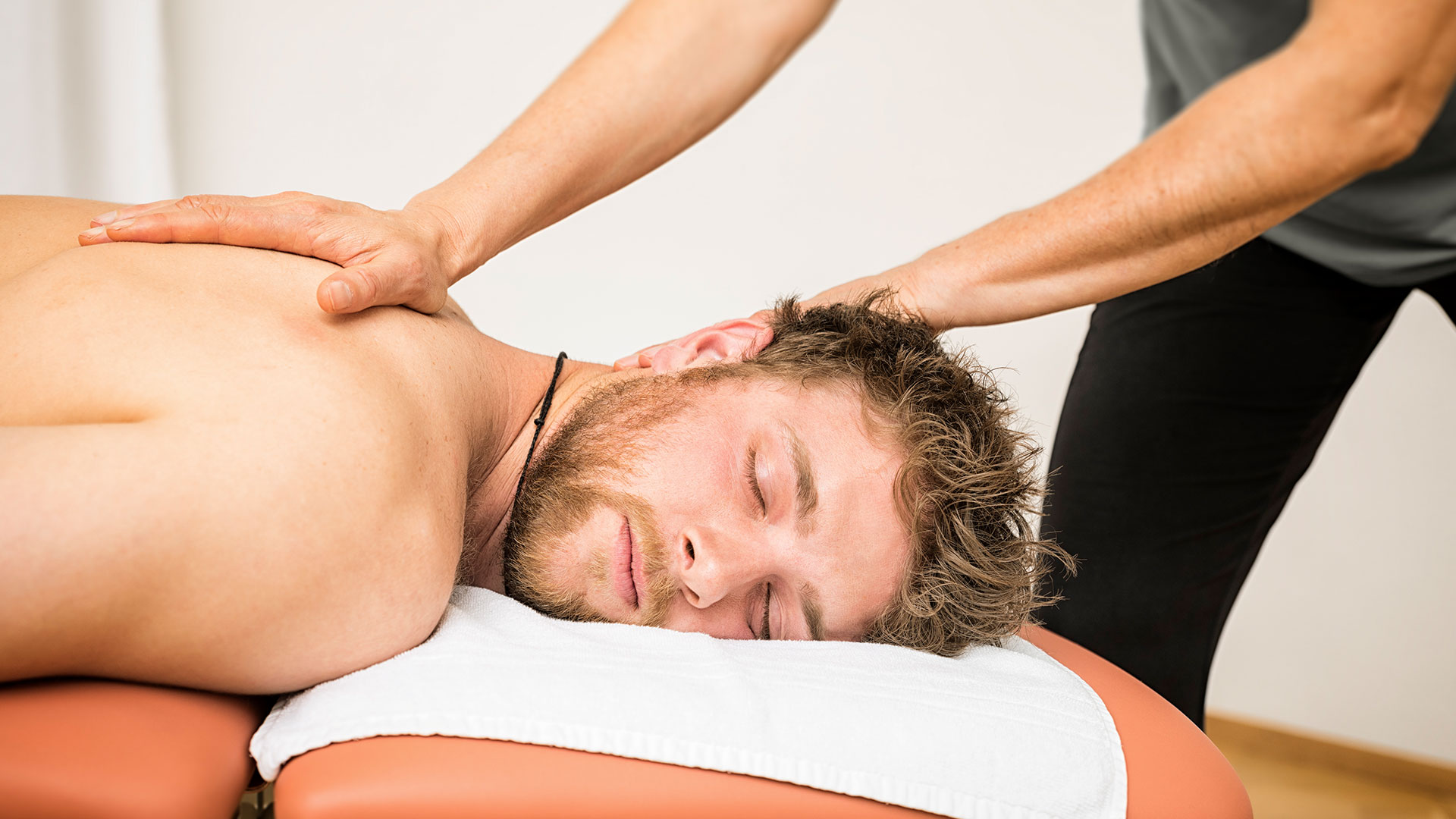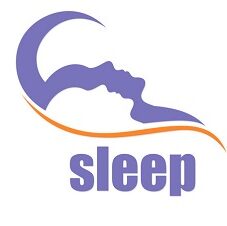Introduction
Are you struggling with getting a good night’s sleep? Are you looking for natural ways to improve your sleep quality? Look no further! Massage therapy can be a fantastic solution to help you achieve a more restful and rejuvenating slumber. In this blog post, we will explore the benefits of massage therapy for improved sleep and how it can contribute to your overall well-being.
The Importance of Quality Sleep
Quality sleep is essential for overall health and well-being. It not only helps us feel refreshed and energized, but it also plays a vital role in maintaining a strong immune system, improving cognitive function, and promoting emotional well-being. Unfortunately, many people struggle with sleep-related issues, such as insomnia, sleep apnea, or difficulty falling asleep. This is where massage therapy can be a game-changer.
What is Massage Therapy?

Massage therapy is an ancient healing practice that involves manipulating the soft tissues Meaning of dreaming about schizophrenia and reality detachment of the body to promote relaxation, reduce muscle tension, and alleviate pain. It encompasses various techniques, such as Swedish massage, deep tissue massage, and aromatherapy massage, each offering unique benefits.
The Link between Massage Therapy and Sleep Quality
Massage therapy has been proven to have a positive impact on sleep quality. Studies have shown that regular massage sessions can help individuals fall asleep faster, stay asleep longer, and experience deeper sleep cycles. So how does massage therapy achieve these remarkable results?
1. Reducing Stress and Anxiety
Massage therapy promotes relaxation and reduces levels of stress hormones, such as cortisol, while increasing the production of endorphins, which are known as the body’s natural “”feel-good”” chemicals. By reducing stress and anxiety, massage therapy creates the ideal conditions for a restful night’s sleep.
2. Relieving Muscle Tension
One of the primary reasons individuals struggle with sleep is muscle tension and discomfort. Massage therapy targets these tense muscles and releases built-up tension, promoting relaxation and alleviating pain. This allows individuals to find a comfortable position and maintain it throughout the night, leading to improved sleep quality.
3. Stimulating the Parasympathetic Nervous System
The parasympathetic nervous system is responsible for our body’s rest and digest response. Massage therapy activates this system, triggering a relaxation response and promoting a calm state of mind. As a result, individuals experience a deeper state of relaxation, making it easier to fall asleep and stay asleep.
4. Regulating Sleep Hormones
Massage therapy has been found to affect the levels of sleep hormones in the body. It increases the production of serotonin, a hormone that promotes relaxation and regulates sleep patterns. Additionally, massage therapy decreases the production of substance P, a neurotransmitter that contributes to the perception of pain and insomnia.
Getting the Most Out of Massage Therapy for Sleep
While massage therapy can greatly improve sleep quality, there are a few tips to maximize its benefits:
- Schedule regular massage sessions to experience cumulative effects.
- Communicate your specific sleep concerns to your massage therapist so they can tailor the session accordingly.
- Create a peaceful and relaxing environment at home to support a restful sleep after your massage session.
- Consider combining massage therapy with other relaxation techniques, such as meditation or aromatherapy, for enhanced results.
Summary
Massage therapy has long been recognized as a therapeutic practice with numerous physical and mental health benefits. Beyond simply relieving muscle tension and promoting relaxation, massage can also play a key role in improving sleep quality. Research has shown that regular massage sessions can help reduce insomnia, increase the duration of sleep, and enhance overall sleep quality.
One of the primary ways in which massage therapy aids in better sleep is by reducing stress and anxiety levels. The gentle and rhythmic manipulation of soft tissues during a massage triggers the release of endorphins, which are natural stress-relieving hormones. This leads to a state of deep relaxation, allowing your mind to calm down and prepare for a more restful sleep.
In addition to reducing stress, massage therapy can also help regulate sleep patterns. By stimulating the parasympathetic nervous system, massage prompts a state of relaxation and lowers heart rate, blood pressure, and cortisol levels. This cascade of physiological responses encourages a more balanced sleep-wake cycle, making it easier to fall asleep and stay asleep throughout the night.
Furthermore, massage can alleviate physical discomforts that may hinder sleep quality. Whether you suffer from chronic pain, muscle soreness, or tension headaches, regular massage sessions can help alleviate these issues, making it easier to find a comfortable position and fall into a deep sleep.
Overall, incorporating massage therapy into your self-care routine can have a profound positive impact on your sleep quality. It not only promotes relaxation and reduces stress but also supports physical why not try here why not try here healing and enhances overall well-being. So why not treat yourself to a soothing massage and experience the benefits of improved sleep firsthand?

Welcome to my website! My name is Jack Rosman, and I am a professional Dream Psychologist dedicated to helping individuals achieve better sleep, understand their dreams, and improve their overall well-being. With years of experience in the field, I am passionate about providing effective snoring solutions, sleep therapy, sleep supplements, and dream analysis to enhance the quality of your sleep and unlock the hidden messages within your dreams. Read More

